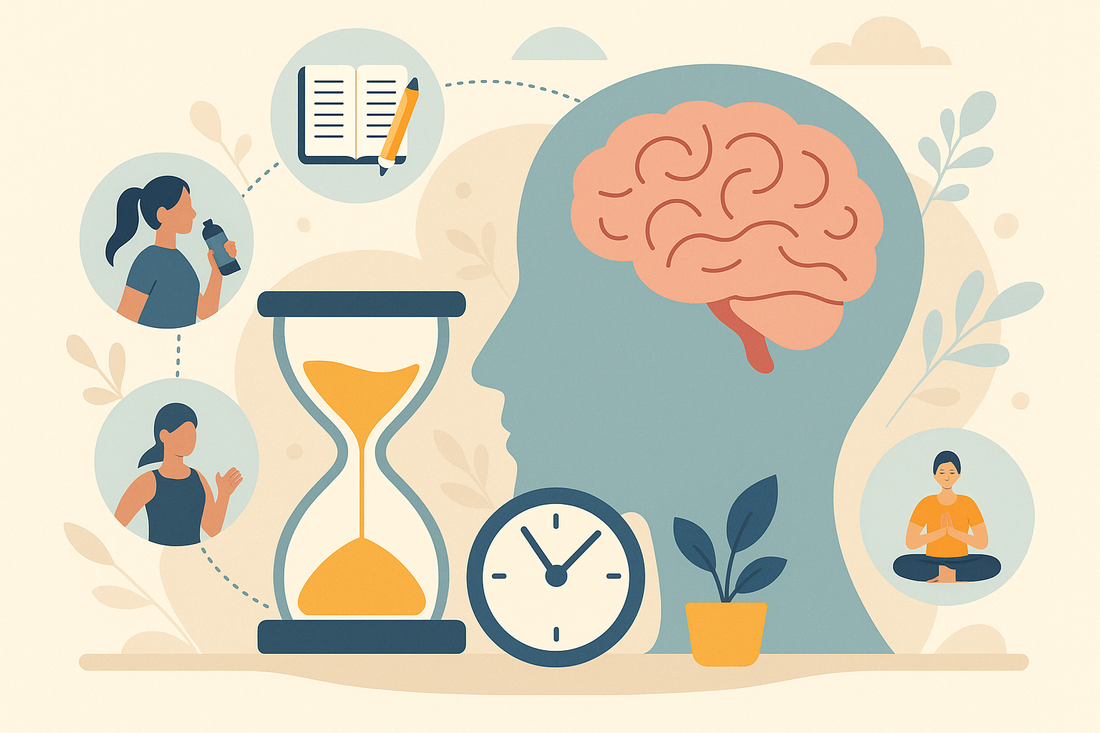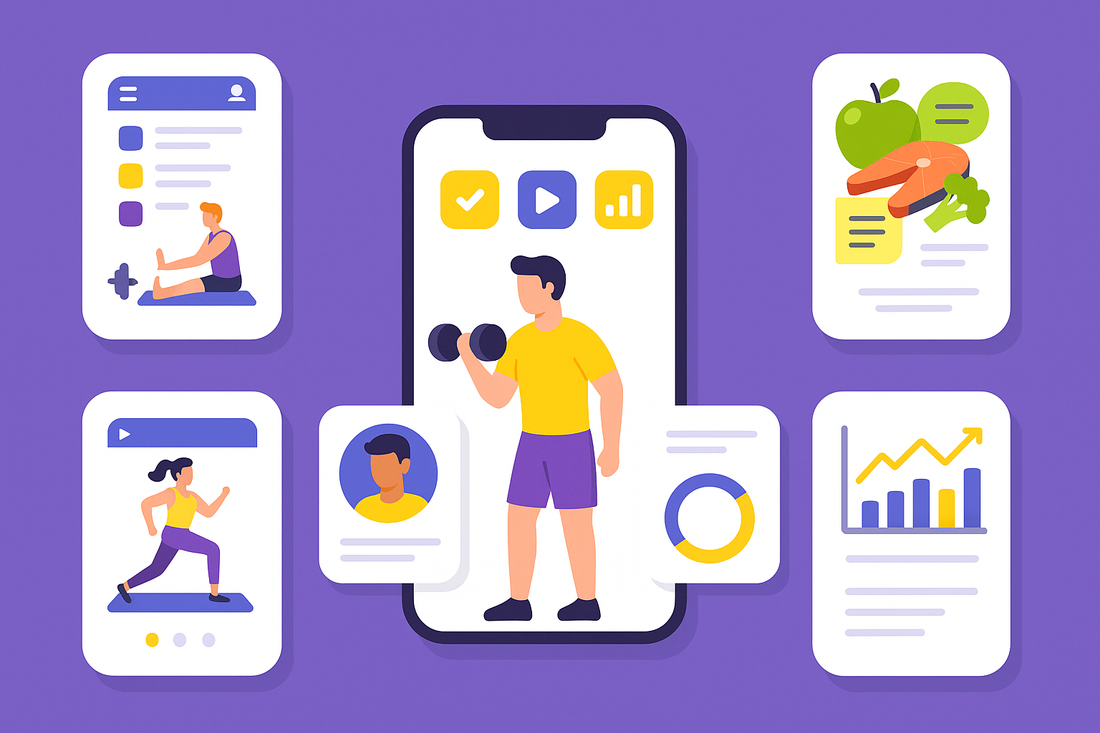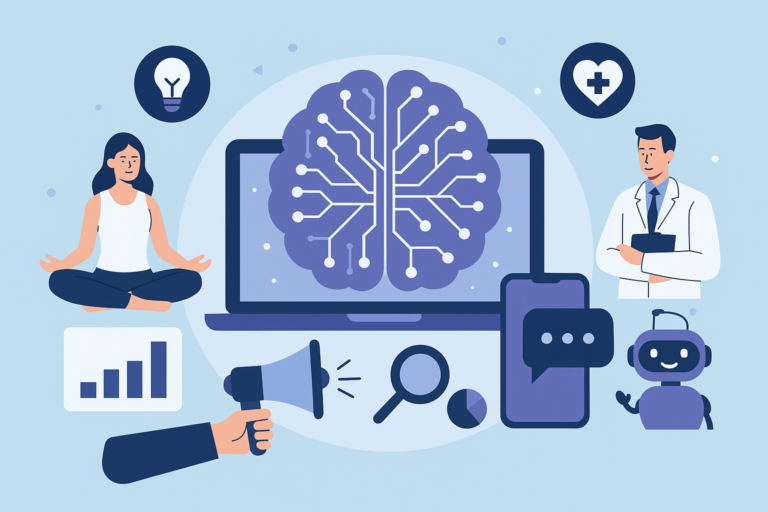In the fast-moving world, time is a luxury only a few can afford. Let’s be honest — life is hectic. We are constantly juggling work, relationships, and health, and somewhere in the middle, we forget to check in with ourselves.
What Are Micro-Habits?
Micro-habits are tiny actions you do daily that move you closer to who you want to be. They are not about big leaps; they are about consistency. Whether it is writing one line in your journal, doing a 1-minute meditation, or simply pausing to feel grateful, micro-habits are designed to be so small, you can’t say no to them.
These things sound small, but they add up. Slowly but surely, they help you feel more in control, calmer, and a little clearer-headed.
And guess what? Science backs it.
Behavioral expert BJ Fogg says, “If you plant a tiny seed of change and nurture it, it will grow.” And that’s exactly how these habits work.
Why Micro Habits work: the Neuroscience behind it

Micro Habits for professionals themselves
Micro-habits can be a powerful tool for improving mental health.
- A daily note of appreciation to a colleague
- Drinking water after every session for a physical and mental reset.
- Stretching during breaks
- 5 minutes of breathing or mindfulness before the first client
- Write a gratitude note every day before ending your work
- Try 3-minute guided breathing (apps like Headspace, Wellie, or Calm)
These acts are small investments that pay long-term dividends in focus, energy, and emotional regulation.
Real-world example in Wellness practice
- For yoga instructors: Introduce a 5-minute daily stretch for students to maintain mobility between sessions.
- For healthcare providers: Use micro-habits for self-care, i.e., 5 minutes of breathing exercises or a standing desk break.
- For nutritionists: Suggest one healthy swap each day (sugar-free tea instead of soda) to patients rather than overwhelming them with a strict diet plan.
Why this matters for your clients
Micro-habits are behavioral and sustainable and are particularly helpful for those struggling with depression, anxiety, or any mental illness. Instead of being overwhelmed with strict tasks and roadmaps to improve their mental health, micro-habits offer a manageable starting point. For those healing or forming new identities, micro-habits can restore agency and hope.
Why Micro Habits work
- They’re easy to start (no drama, no time crunch).
- They help you build momentum.
- You don’t need to feel super motivated to do them.
- Your brain starts building new patterns around them.
Final Thought
Change doesn’t need to be loud. Sometimes, it’s just one small, quiet step every day. So if you’ve been waiting for the right time, this is it.
In a world that’s always asking us to do more, choosing to do less — but mindfully — is powerful.
You don’t need an hour-long morning routine to feel better. Sometimes, five quiet minutes are all it takes.














